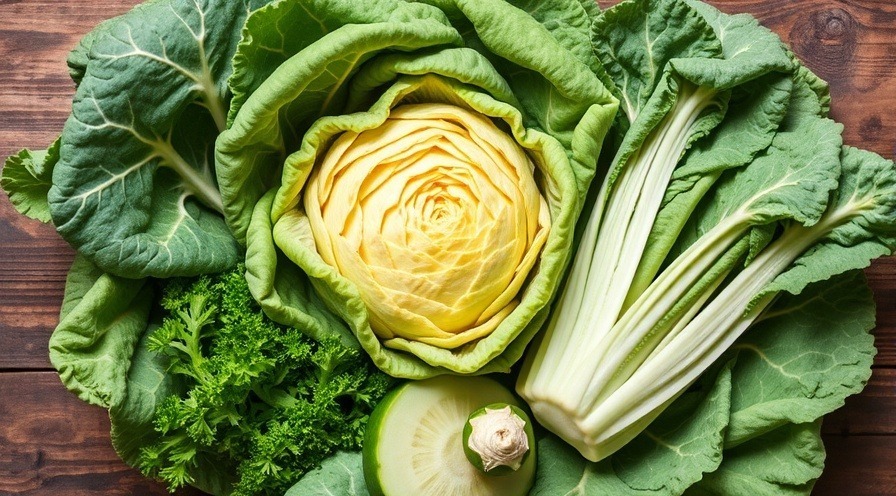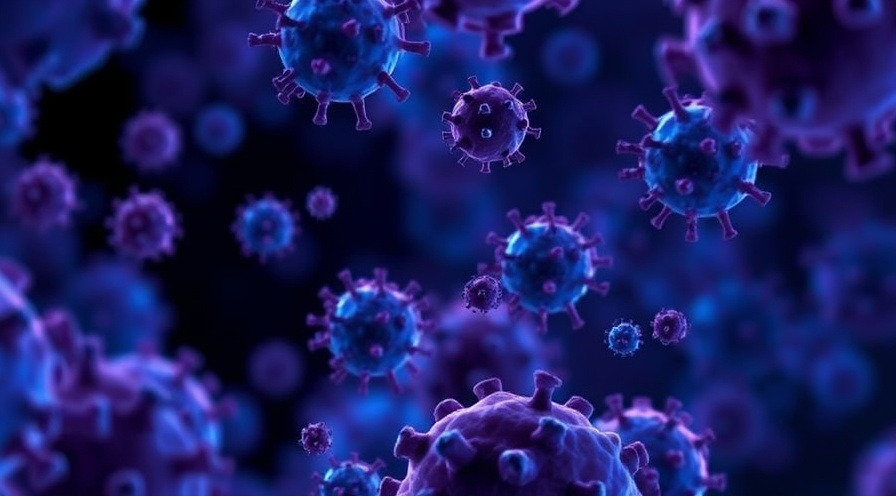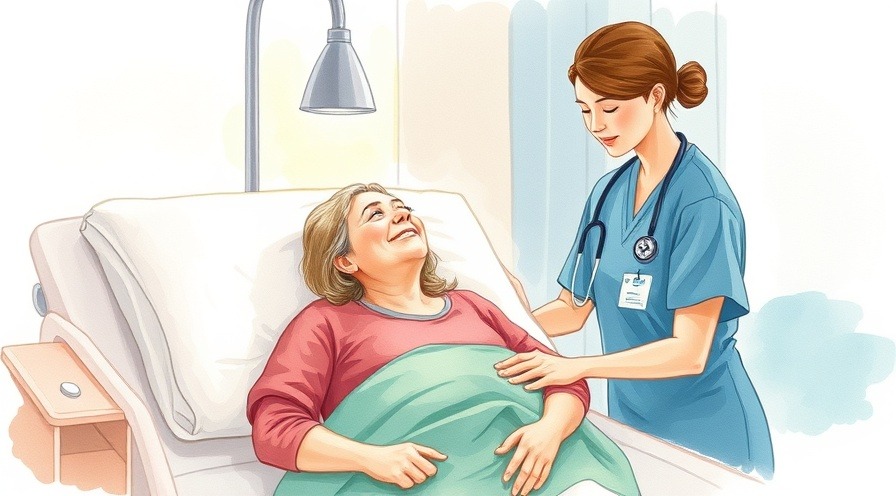
Unraveling the Road to Recovery: Insights from a Plastic Surgeon
In the journey of recovery from breast cancer, understanding the available surgical options for reconstruction is crucial. Dr. Trip Holton, a plastic surgeon specializing in this field, elaborates on how his approach not only restores physical appearance but also instills a sense of hope in patients. The integration of reconstructive surgery into a patient's care pathway can significantly enhance their overall experience and mental well-being.
In 'Meaningful Medicine: Exploring your options for breast reconstruction after cancer,' Dr. Holton highlights pivotal insights into reconstructive options, prompting us to delve deeper into the significance of these choices.
Navigating the Landscape of Breast Reconstruction
Breast cancer treatment often involves a complex array of therapies, from surgery to chemotherapy. Dr. Holton emphasizes that his role is pivotal in bridging the gap between medical and plastic surgery, making it easier for patients to understand their choices. It's important that patients receive thorough counseling about their reconstructive options, which can often be overlooked in the dominant focus on cancer treatment.
The Menu of Options: Understanding Choices
Much like a menu at a restaurant, Dr. Holton categorizes reconstructive options into three main 'dishes.' The first choice he presents is quite simple: for some, the decision may be to undergo a mastectomy without reconstruction. This option is reassuringly straightforward and can be a fitting choice for many. However, those who desire reconstruction can choose from a variety of methods, including implant-based reconstruction and autologous tissue reconstruction.
Debunking Myths: The Truth About Implants
One common misconception that Dr. Holton often encounters is the belief that implants can negatively impact health. He reassures patients that modern breast implants are rigorously tested and safely used, pointing out that many patients benefit greatly from their use. Education on this topic is vital, as misinformation can lead to unnecessary anxiety about undergoing reconstruction.
The Psychological Impact: More Than Just Physical Reconstruction
Reconstruction plays a significant role in a patient's psychological recovery after cancer. Opting for reconstruction can provide a sense of normalcy and confidence. Dr. Holton states that the aim is to create a positive journey amid a challenging situation. By enabling patients to have a choice in their recovery process, they retain a sense of control during an overwhelming time.
Empowering Patients: Why Counseling Matters
Ultimately, the power of communication can't be overstated. Dr. Holton encourages patients and healthcare providers alike to prioritize discussions about reconstruction early in the cancer journey. A dedicated conversation with a plastic surgeon can help demystify choices, deliver clarity, and provide a hopeful outlook on recovery.
As patients face the daunting impact of a breast cancer diagnosis, the importance of understanding all available options—including reconstruction—is paramount. Serious counseling, setting expectations, and weighing the pros and cons can significantly influence not just physical recovery, but emotional well-being as well.
To learn more about breast reconstruction options, patients are encouraged to consult with a plastic surgeon and explore their choices tailored uniquely to them.
 Add Row
Add Row  Add
Add 




Write A Comment